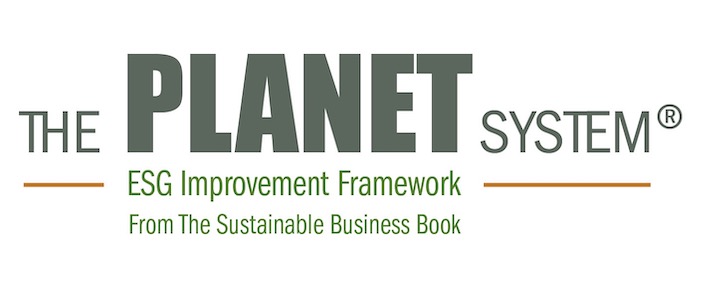WEconomy – Kielburger, Branson & Kielburger
The one sentence summary: You can find meaning, make a living, and change the world.
WHAT THE BOOK SAYS
- Purpose and profit are powerful human motivators. Combined, they have the power to change the world. This book is for anyone who craves more meaning in their job, who seeks to inspire employees, inspire customers to be passionate brand ambassadors, or help entrepreneurs to build a successful business.
- The WEconomy is an emerging economic system driven by purpose and profit. Companies can no longer do the bare minimum, maintaining only the systems they directly rely on. They must consider the planet’s limited resources, the welfare of their workforces, and how savvy customers will react to shortcuts that do harm.
- Companies must have a purpose. Purpose is why it exists, is embedded throughout, and IS a compass for all decisions. When staff live and breathe it, customers keep coming back. It should be based on a critical and forensic insight. The senior team need to buy in to it, preferably by co-creating it.
- Purpose needs to be measured, and incentives need to be aligned with it. Good intentions do not always result in good work. It’s not easy to do purpose well. It is not the same as Corporate Social Responsibility, which only pays out after profit has been made. Some CSR directors have confessed that they’re concerned that partnering with a suitable charity or other social entity might make their job redundant.
- It should run through the supply chain too. Do you need this thing at all? Who made it? How? What is it wrapped in? How will it be transported?
- Choose something with an intuitive connection to what you do, making it easier for consumers to link it to your brand. What is the big change you want to see? Why is it important? How will you drive change? Is the idea big enough to create systemic change? Is there a clear business case?
- Social enterprise is a blurring of the line between business and charity, using commercial strategies to solve social problems – a business that generates revenue through sales of products and services with the fundamental purpose of making the world better.
- Impact investment has at its core the insistence that any money invested must generate tangible social or environmental impacts, as well as financial returns, and provide capital to support solutions to the world’s most pressing challenges. Business-based solutions are more sustainable and empowering than aid or a handout.
- In a closed loop system, profits from purchases of socially conscious products return to the communities that made them. Modern apps allow purchasers to track where the contributions made by their purchases have gone, proving transparent social impact data.
- Social intrapreneurs are people in large corporations who take direct initiative for innovations that address social or environmental challenges while also creating commercial value for the company. They are quickly becoming the most valuable employees at many companies because they are good for the bottom line, good for the brand, and good for staff morale.
- These employees can help invent new products, break into new markets, and even get promoted, while bringing about social change, all within the safety net of their current employer.
WHAT I PARTICULARLY LIKED
- Richard Branson only enters a market after answering two questions: Are we introducing competition that will benefit the customer, and will we bring them a more rewarding and fair experience?
- Baby boomers (born 1946 – 1960) delayed retirement to pay for their kids’ education, reinvented retirement by shifting to part-time positions, and often volunteer in their free time.
- Gen Xers (1961 – 1980) are a powerful force for the purpose-driven economy and are now running things.
- Millennials (1981 – 1995) and Gen Z (1995 onwards) withhold their talent from companies that don’t live up to their expectations, 72% want to start their own business, they are the most educated generation in history, and they now number 2 billion. They want a purpose, they are pursuing development and ongoing conversations, and they want to flex their strength. Their view is: “It’s my life, not just my job.”
- 82% of millennials favour referrals from friends and online social networks when choosing a purchase.
- 88% say their job is more fulfilling when they’re provided opportunities to make a positive impact on social and environmental issues.
- 76% consider a company’s social and environmental commitments when deciding where to work.
- 75% would take a pay cut to work for a socially responsible company.
- 73% are willing to pay more for brands that are sustainable.
- 64% of millennial women have bought a product associated with a cause in the last year.
- Over half of the world’s population is under 30.
WHAT YOU HAVE TO WATCH
- There can be contradictions in reconciling business with doing the right thing. For example, modern planes are more fuel efficient, but manufacturing them just uses more energy and materials, and generates more pollution.





Leave A Comment
You must be logged in to post a comment.